Dear friends,
Throughout history, the world has been changed time and again by those who have turned outrage into action and stood against injustice, discrimination and violence.
Our founder, Nelson Mandela, was one such person. Throughout his life, he was dedicated to securing freedom and justice in South Africa, a fight which eventually toppled apartheid. Ten years since his passing on 5 December 2013, his bravery remains a source of inspiration for human rights defenders around the world who risk their lives fighting against injustice.
This month also marks the 75th anniversary of the Universal Declaration of Human Rights, a defining global text which set out the promise of a fairer future – the same future at the heart of Mandela’s struggle. As we mark 75 years of the Declaration, we must not forget that universal rights and freedoms can never be embodied and protected by declarations alone; it is people who force change, who claim their rights and who realise their freedoms.
Today, the Declaration’s promise of equality, dignity and justice for all must act not only an aspiration, but also a rallying call. It is only together – through collaboration, collective organising and bold leadership at all levels – that we achieve freedom and peace.
It is in this spirit that The Elders are engaging in the COP28 climate summit in Dubai this month, where we are calling on leaders to stop funding what is harming us by backing a clear phase-out of fossil fuels, and to develop an urgent, collaborative, multilateral response to the climate crisis.
It was also in this spirit that we as Elders sent an open letter to US President Biden last month on the terrible conflict between Israel and Hamas in Gaza. We urged him to do two things: set out a serious peace plan, and help build a new coalition for peace to deliver it. In this climate of polarisation, we reminded President Biden of his vital role and this historic opportunity to help build permanent peace between Israelis and Palestinians.
Resolving this decades-long conflict and ending the occupation will require bold leaders with legitimacy and credibility among their peoples, and a commitment to two states living side by side in mutual respect. Such a prospect may seem distant today, although the release of some of the Israeli hostages held by Hamas, and of Palestinian prisoners held in Israeli jails, has offered a glimmer of hope that must be built upon.
I have also been inspired by listening to Israeli and Palestinian civil society groups, together with Mary Robinson and Zeid Ra’ad Al Hussein. We discussed the international failure to protect civilians in Gaza, the escalating settler violence in the West Bank (often with the collusion of the Israeli military), and the wider issues of supporting human rights and justice amid a culture of impunity and political extremism in Israel. We commend the vital work of these groups in the face of intense intimidation.
Throughout my career, I have always drawn energy and hope from the actions of ordinary people who are forging the difficult path towards peace. The world has changed a lot over the last 75 years, but we are still far from the vision of equality and dignity for all enshrined in the Universal Declaration of Human Rights and embodied by Nelson Mandela’s example.
As we push on, we must gain inspiration from our achievements and maintain resilience throughout our setbacks. A more just world is always still possible – and we can create it together.
With thanks for your ongoing support,
Hina Jilani
01/12/2023


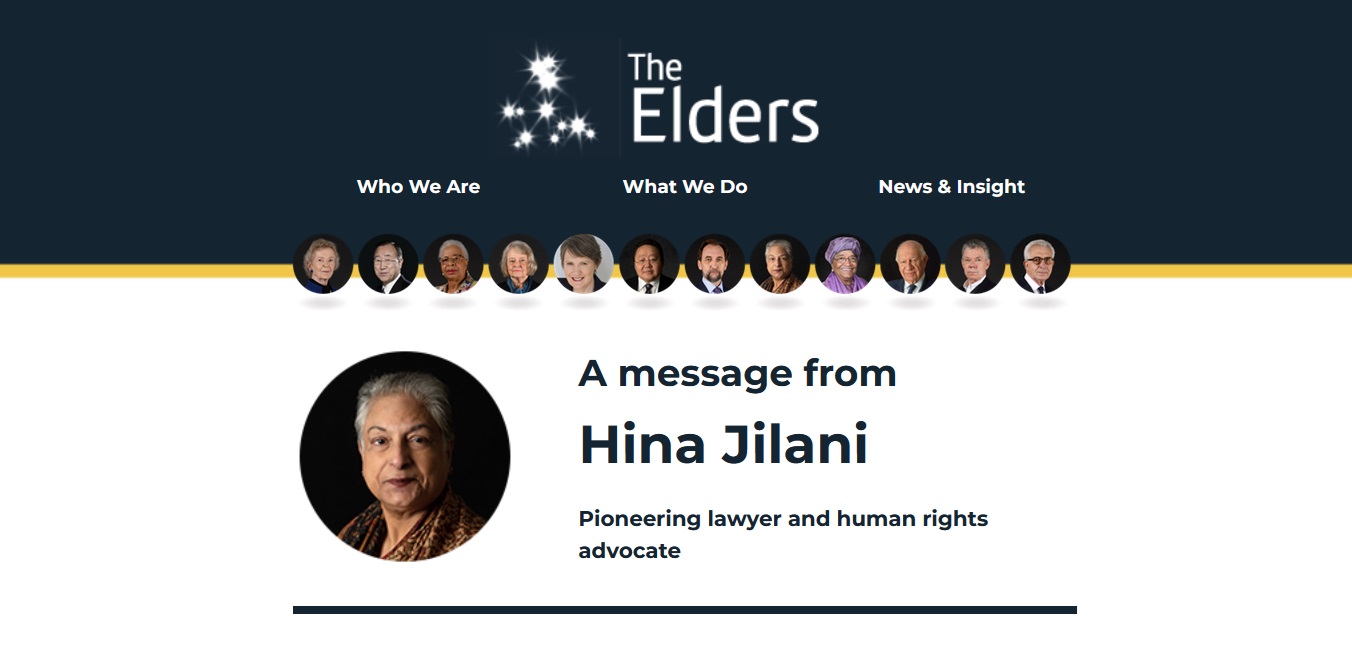
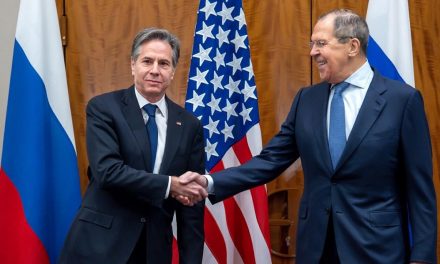
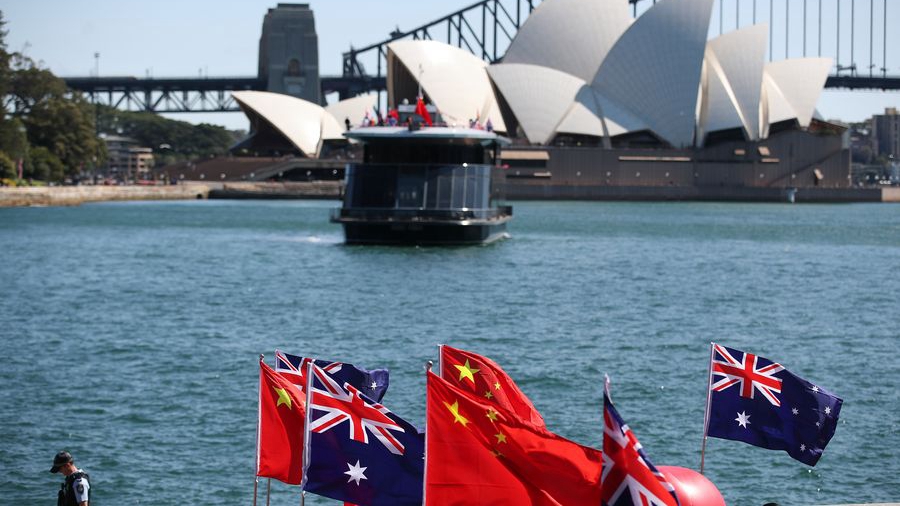
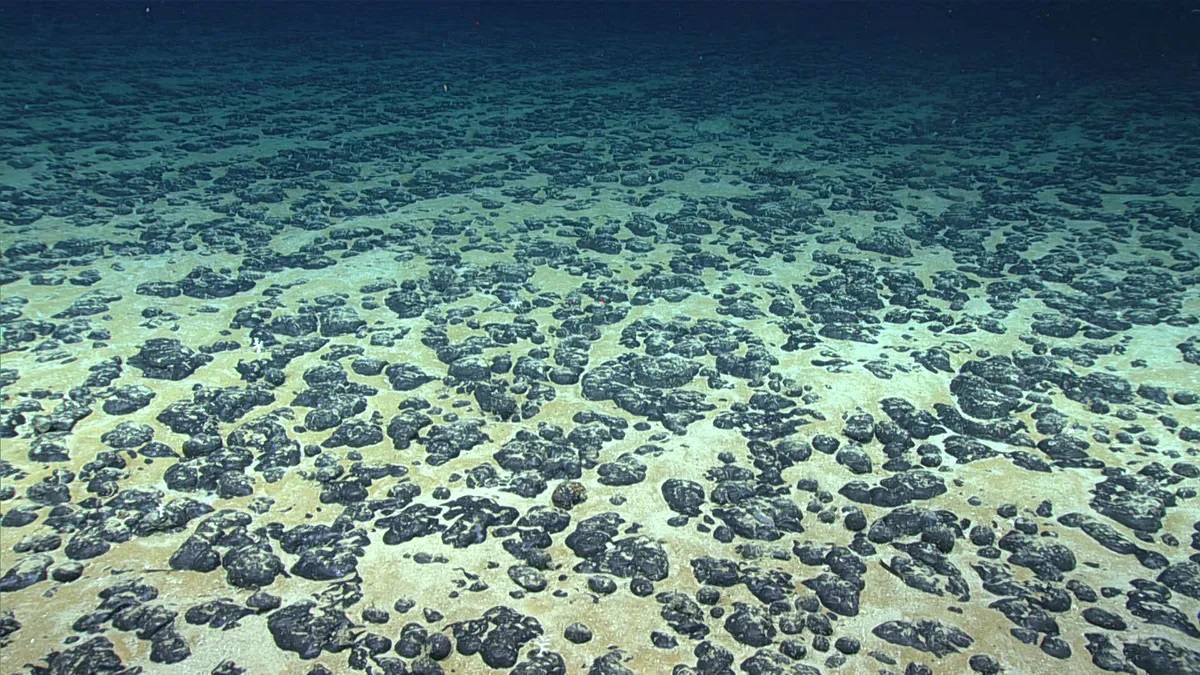
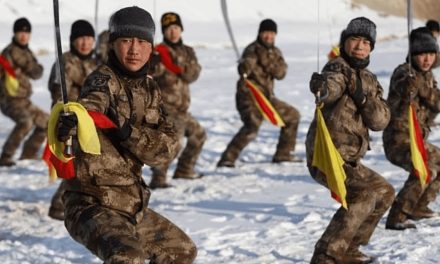
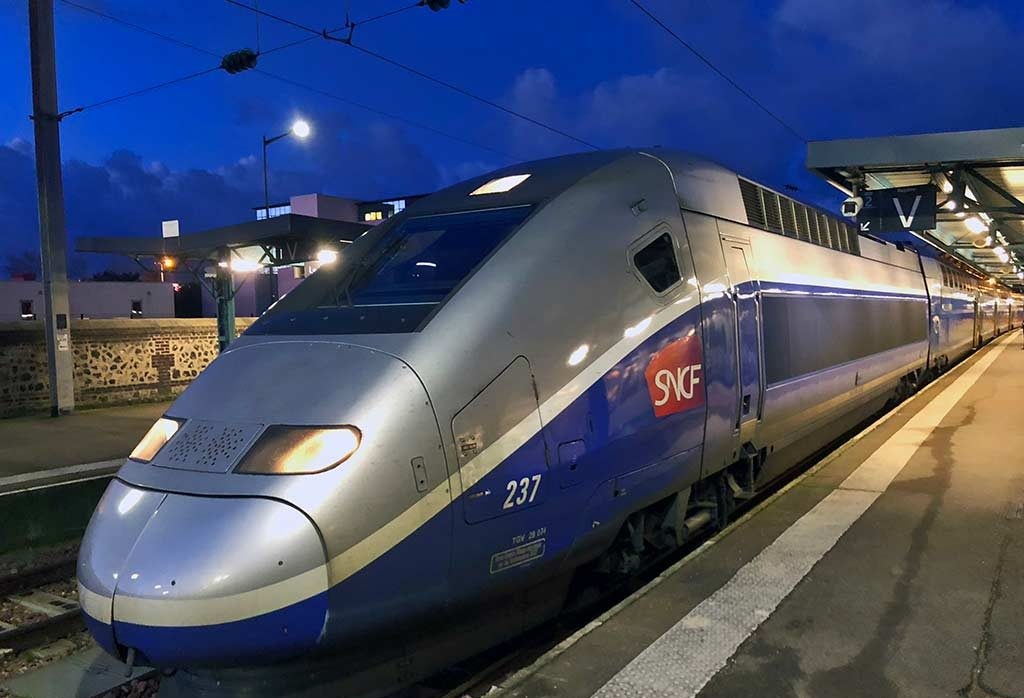
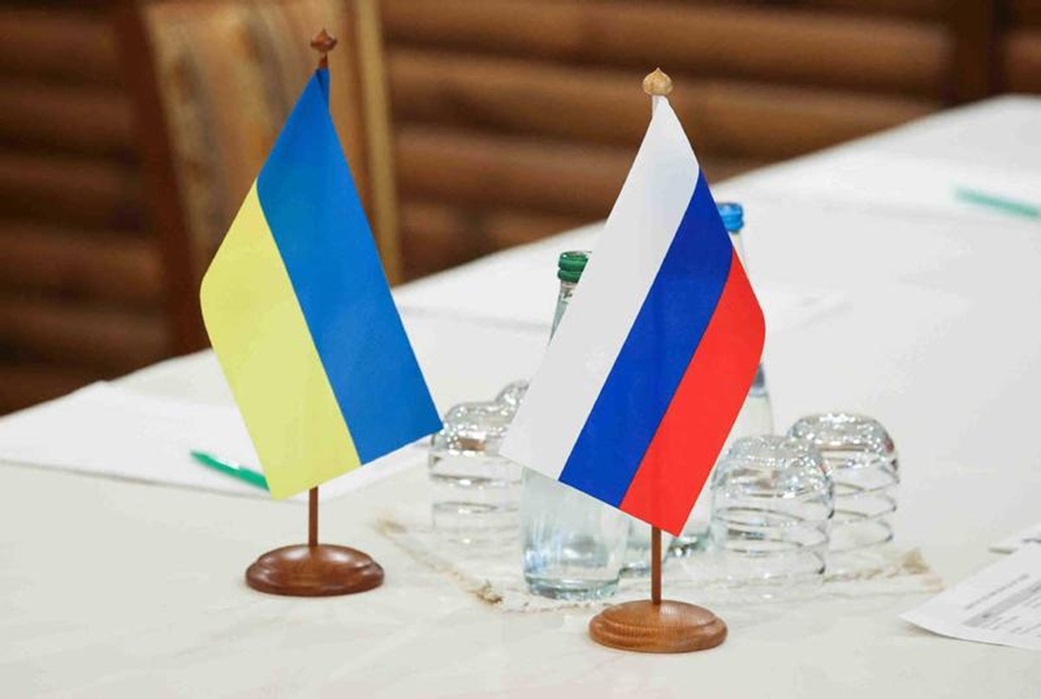
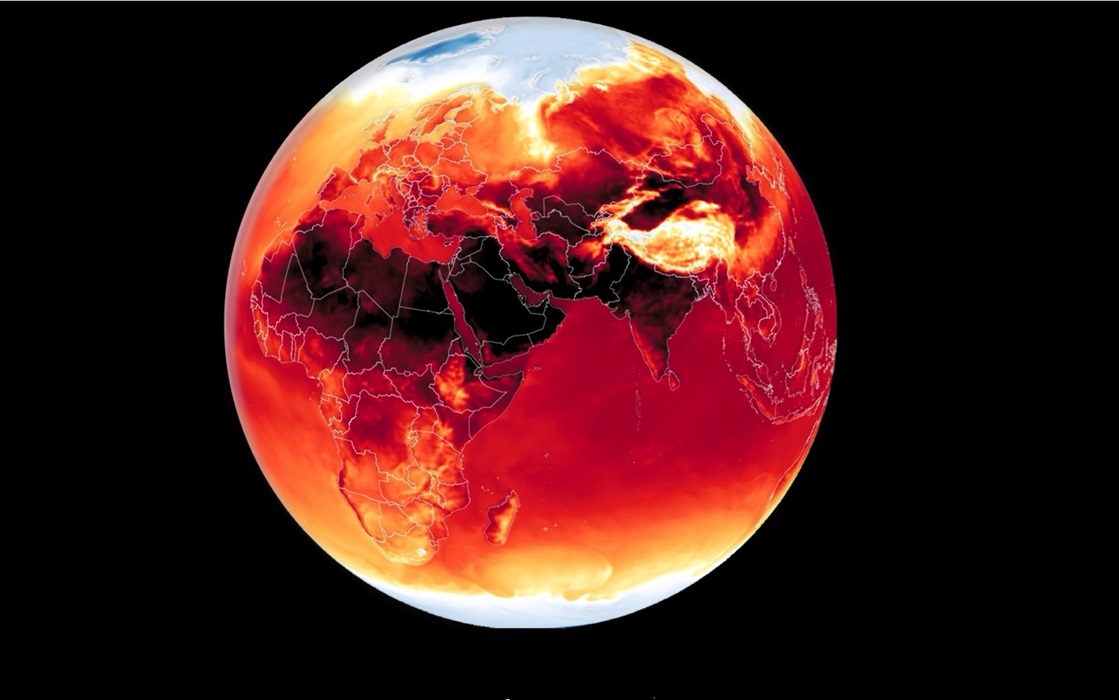

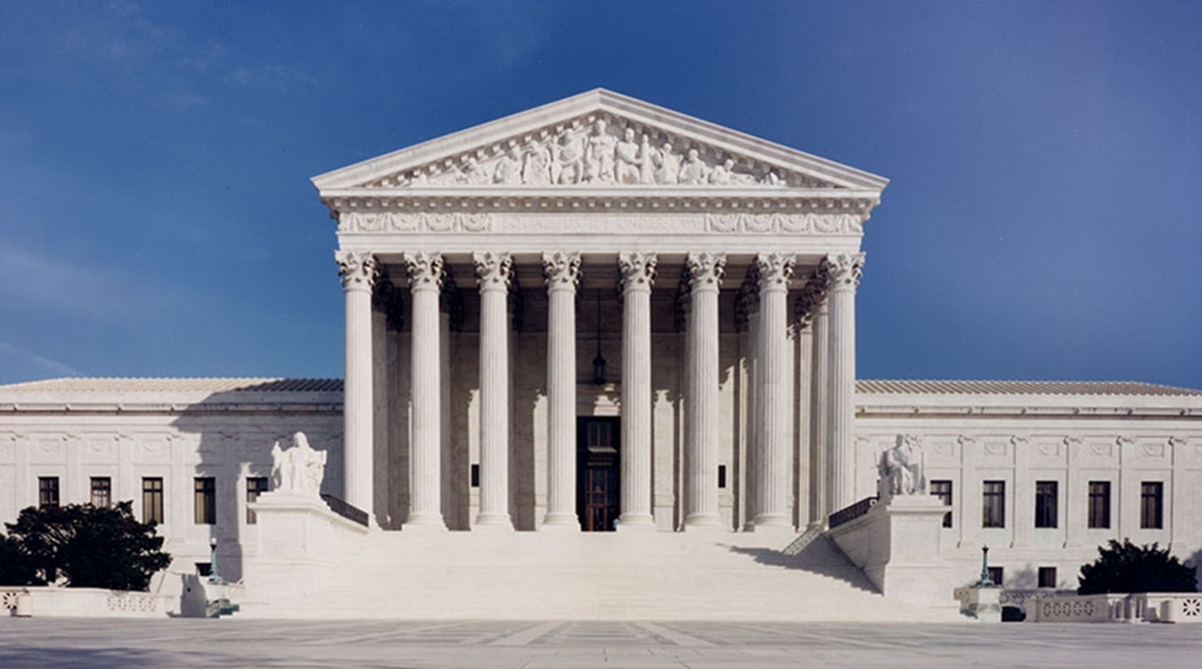
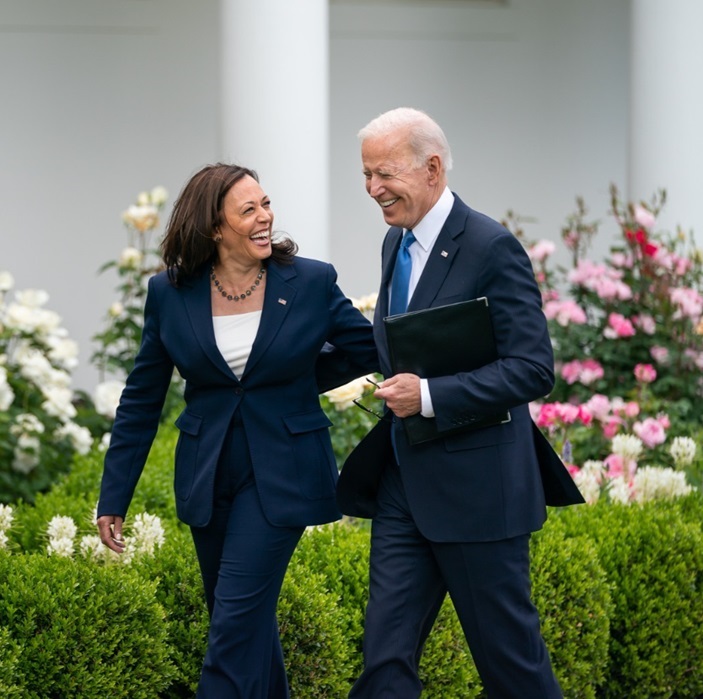
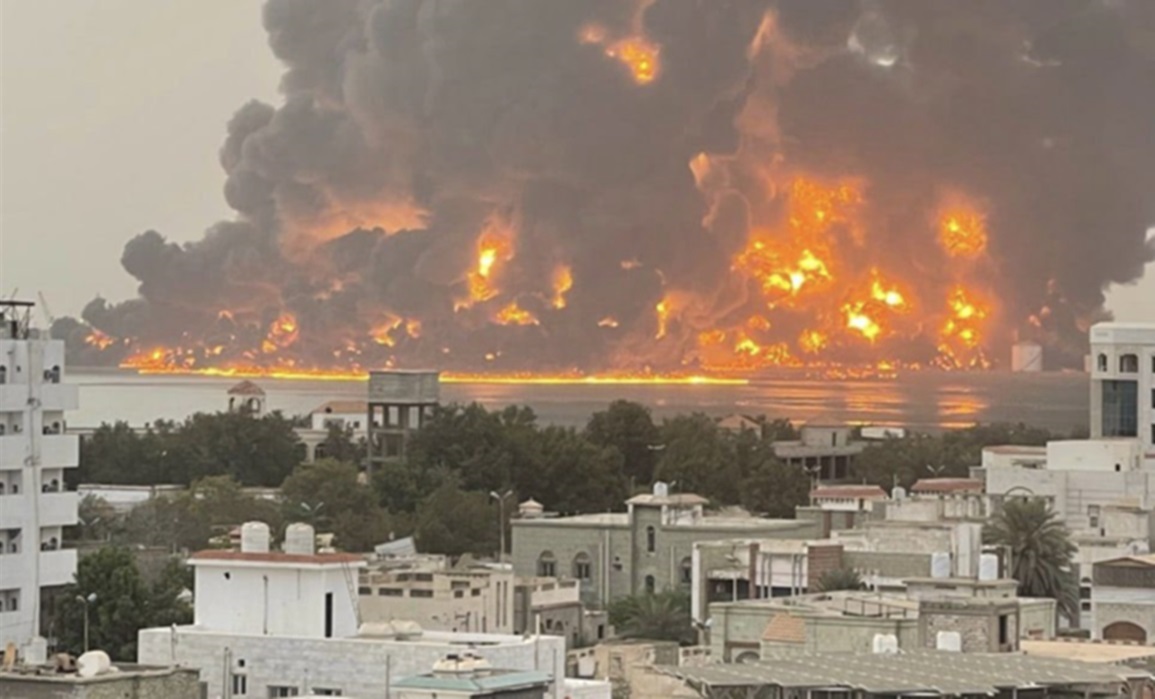
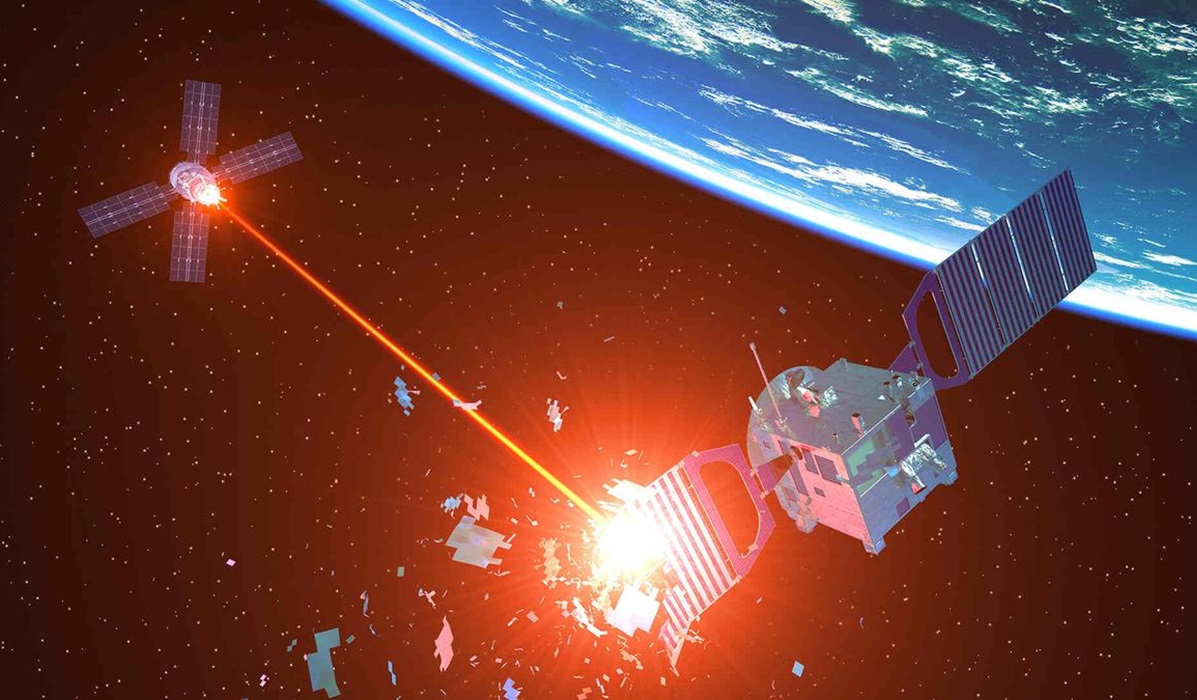
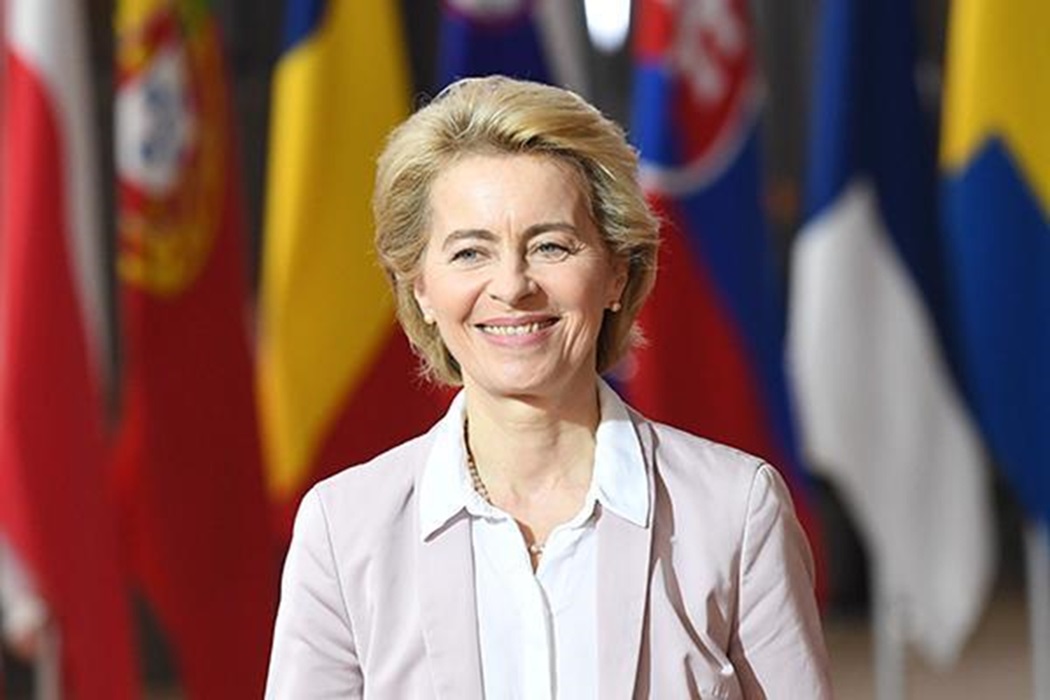
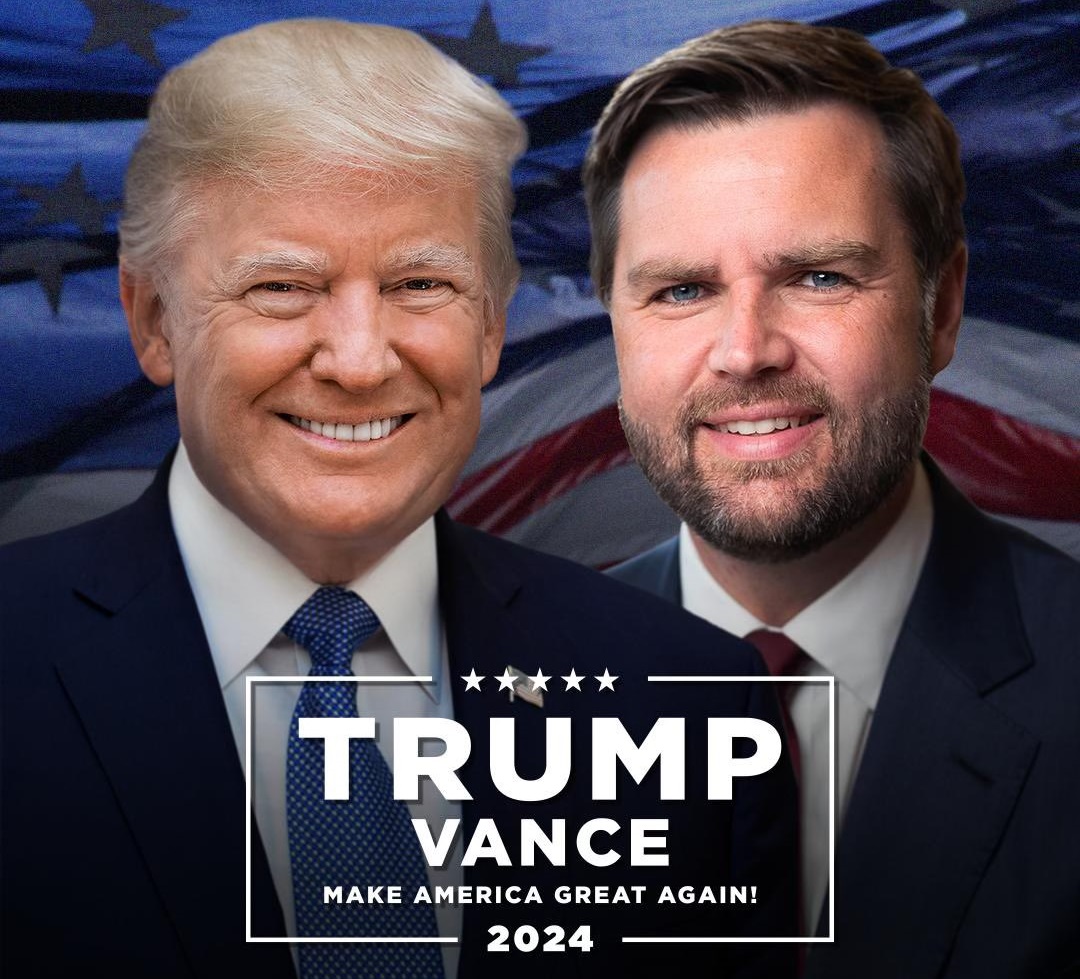
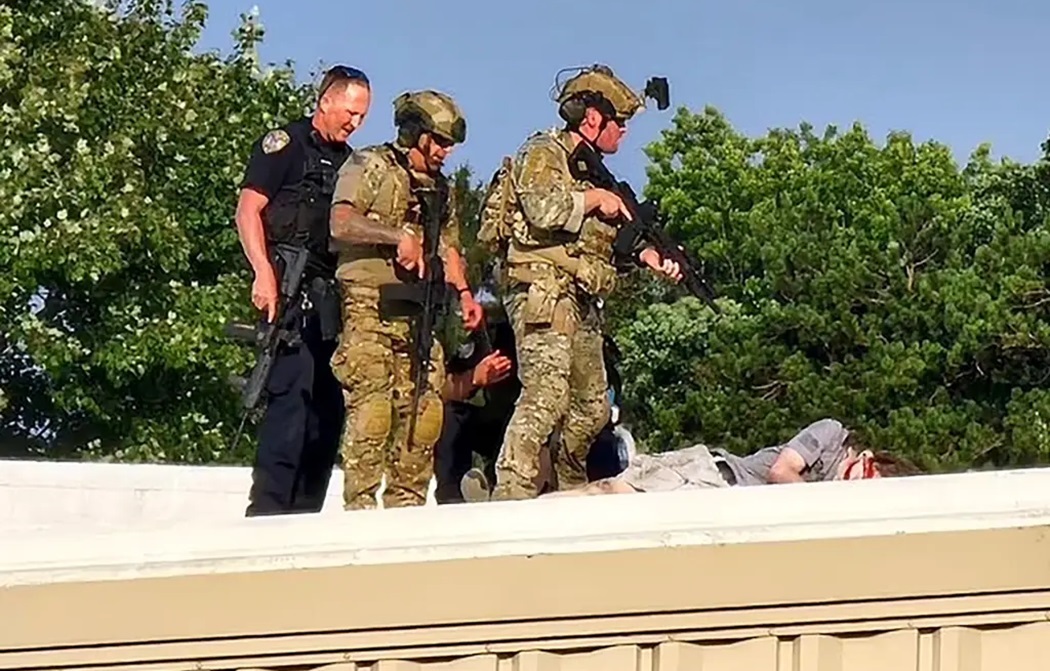
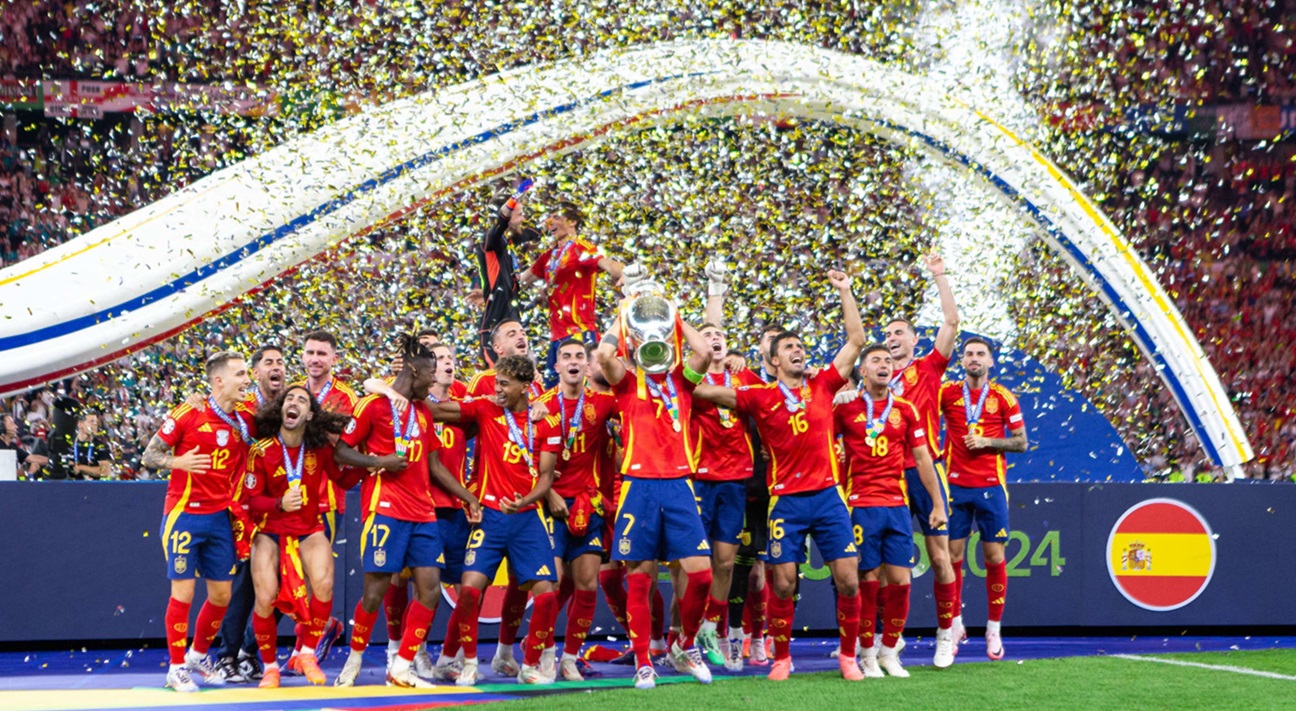
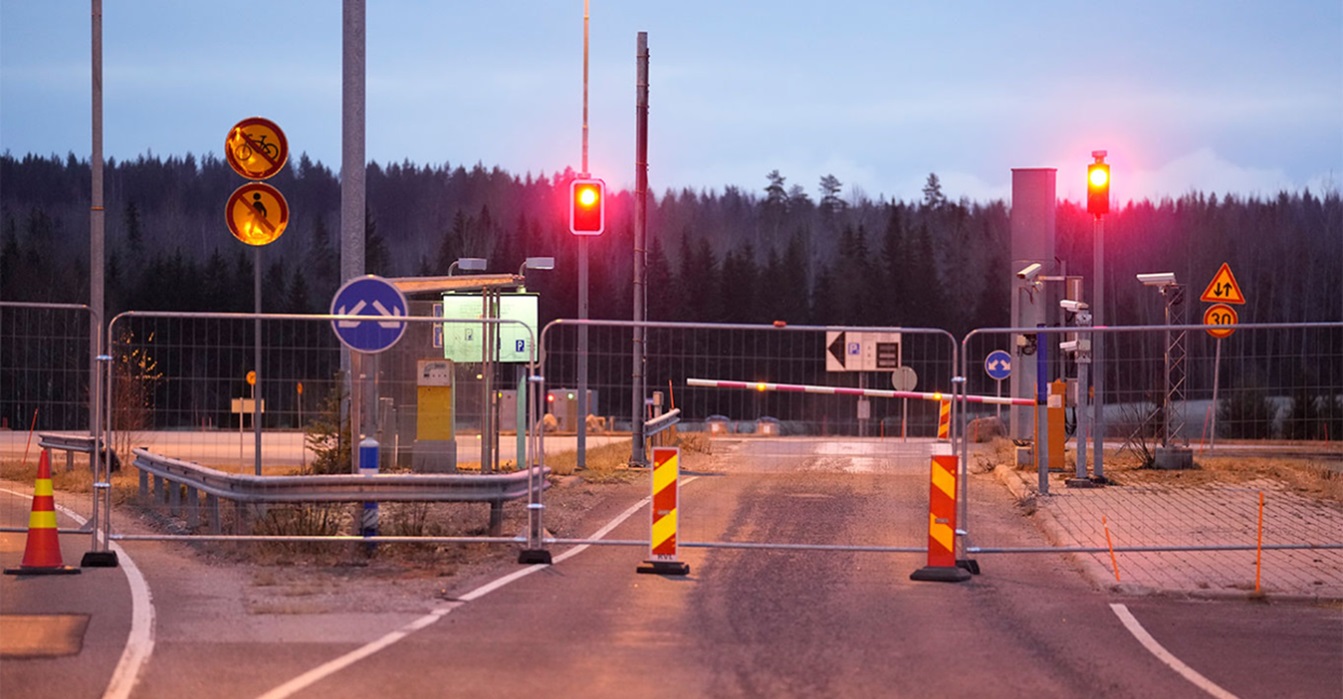
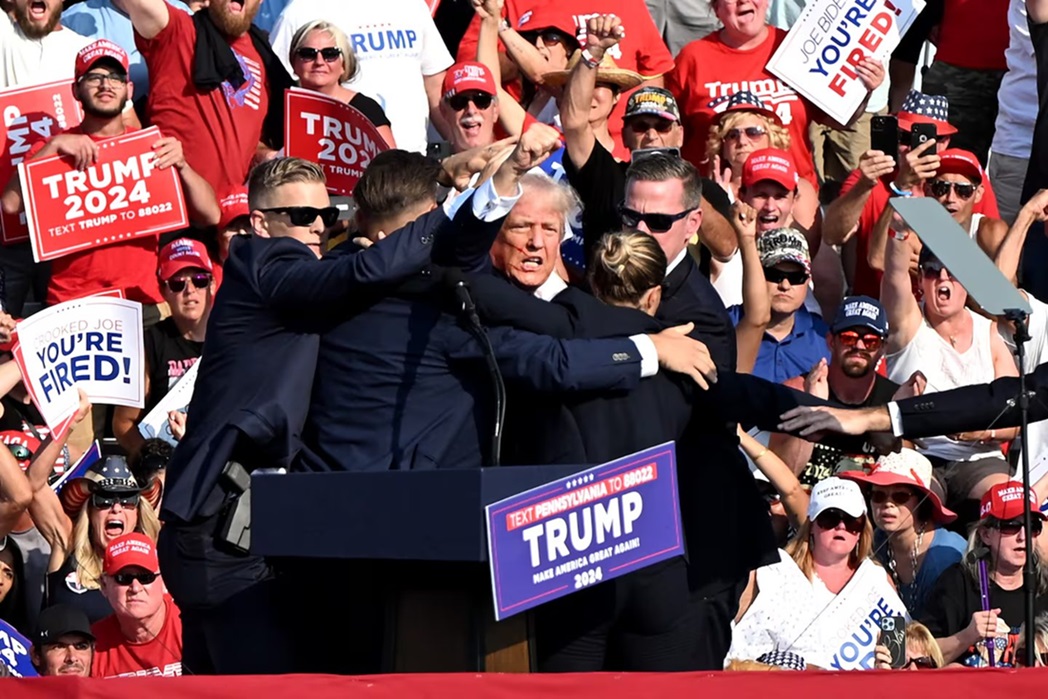
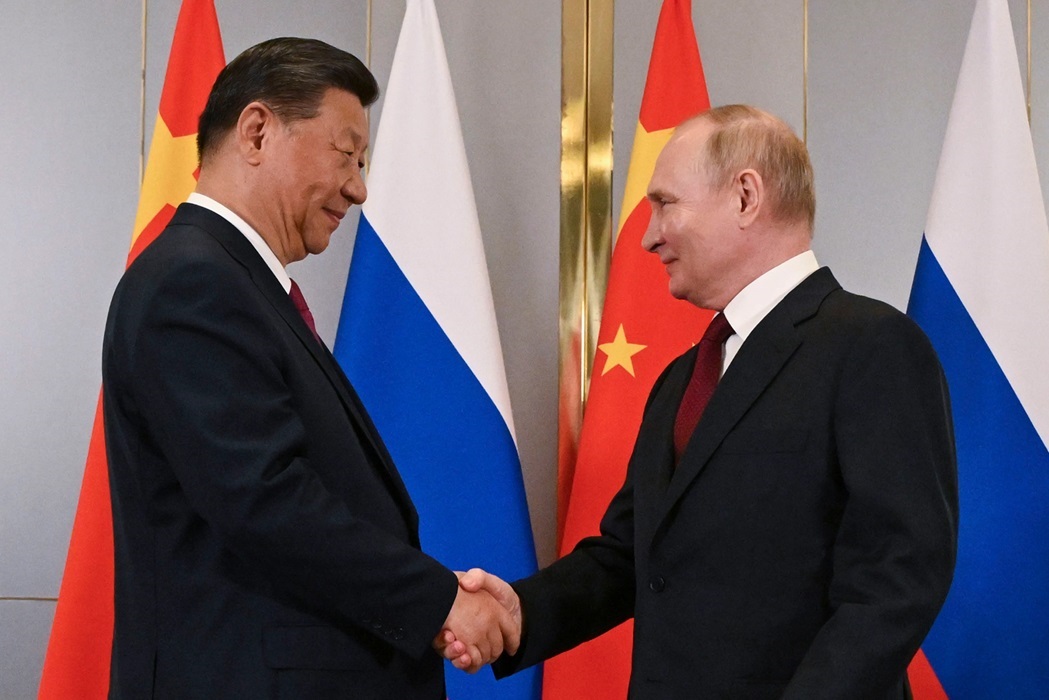

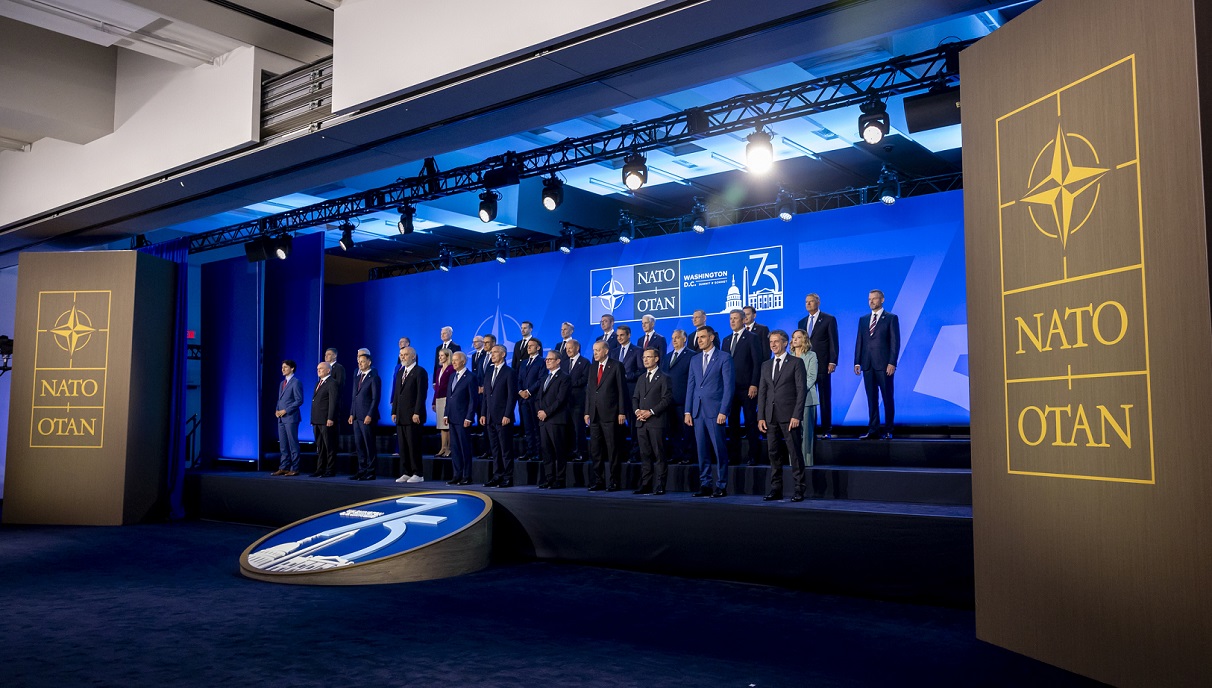
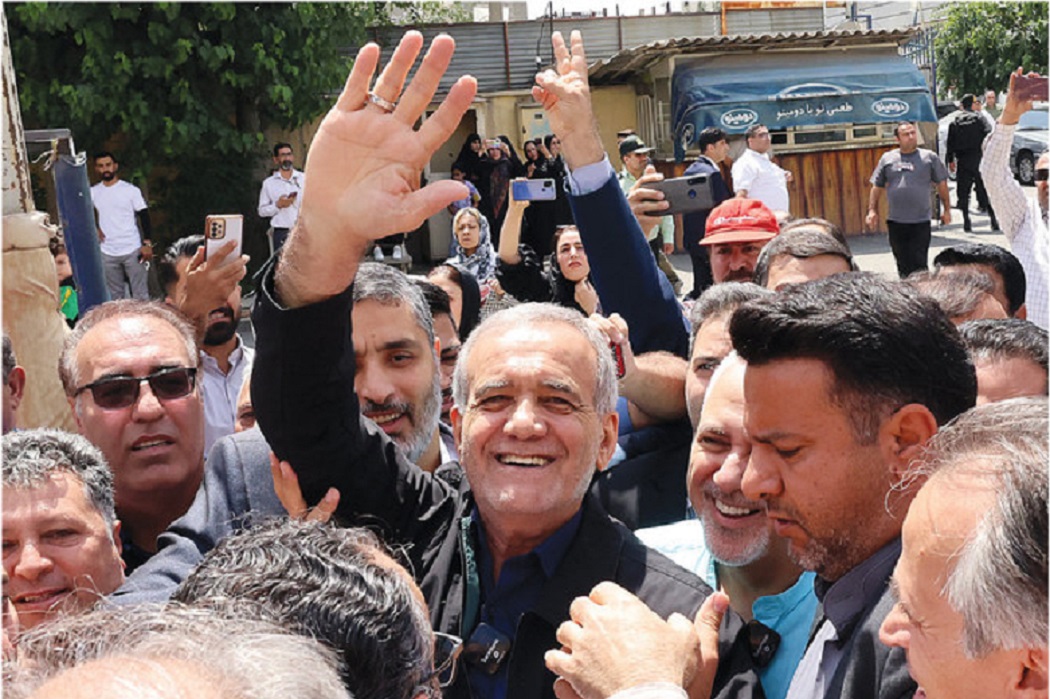

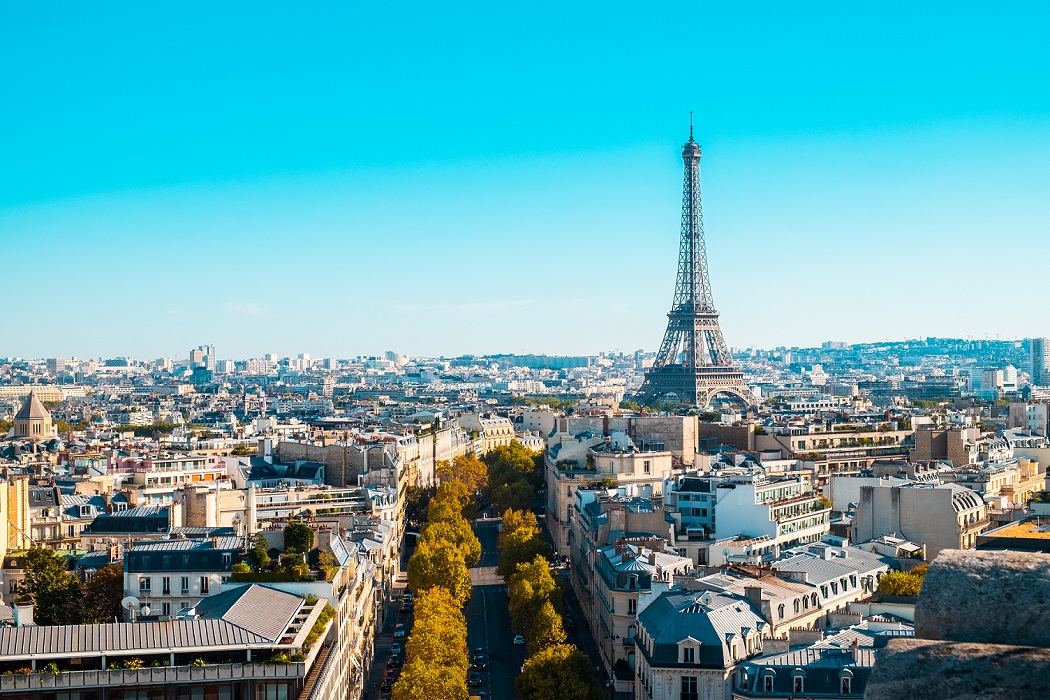
I genuinely enjoy reading your articles.
I’ve been exploring for high-quality articles on this sort of area. I at last stumbled upon this web site. I most certainly will make sure to don’t forget this website.